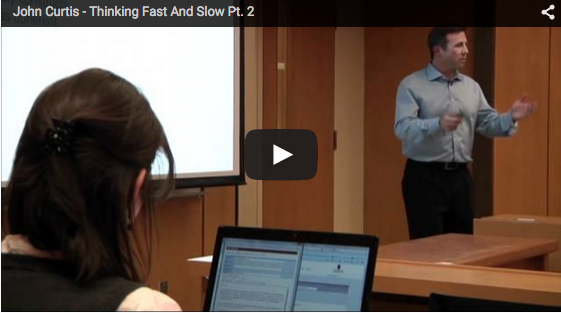Winter’s coming, and you need someone to put a new liner in your chimney. You call that someone and get a quote for $2,500. You can say, “Sure, let’s do it,” or you can let the negotiations begin! In this case, your BATNA, or best alternative to a negotiated agreement, would be to hire another person who will do the job for a lower price – but what is your WATNA? What is the worst case scenario if you don’t reach an agreement with this first person? In any negotiation, it is important to make sure that you establish your best alternative, but also your worst so you can weigh your options with greater accuracy, and, hopefully, better results.
BATNA and WATNA are, in many ways, just two sides of the same coin.
- If you walk away, what is the worst that could happen?
- What are the consequences likely to be?
In our example, maybe the WATNA is having to hire another person at the same price. That’s not ideal, but it’s not so bad either. Or, it could be that you must hire another person who will charge a higher price or even that there are no others available, you have to wait months and your house burns down because of the disintegrated chimney liner. In Principles of Negotiation, Matthew P. Guasco and Peter R. Robinson write, “Sometimes, the deal on the table is acceptable because it is less bad than your WATNA, i.e. you are minimizing loss or making the best of a bad situation.”
It boils down to cutting your losses. No, it’s not ideal, but sometimes, that’s the best option. When exactly is “sometimes,” though? When do you consider your WATNA? We usually see it come into play in situations that involve a lot of uncertainty. Say you are in discussions with someone about hiring. If you don’t have a job now, your position is not that strong. Your worst case scenario might be that you don’t get this position and continue on without employment, and must declare bankruptcy.
When we talk about BATNA, it is usually involved when you are trying to strengthen your position, and it is something you want to develop. To strengthen your hand in this situation, you might go out and get a few more job offers so you can compare those to this particular position. It puts you in a better place in negotiations. You are trying to figure out how you can get other decent options, how you can turn this into a situation where you might get the best alternative if you don’t get/take this job.
When we talk about BATNA and WATNA, we can’t forget about the context of the situation. Not every negotiation follows a cookie cutter pattern, even if the issues are similar. If you are trying to figure out what is going to happen if you walk away, and if you don’t have any good alternatives, you’re really looking at your worst case, or your WATNA. Sometimes “not too bad” has to be the answer.





